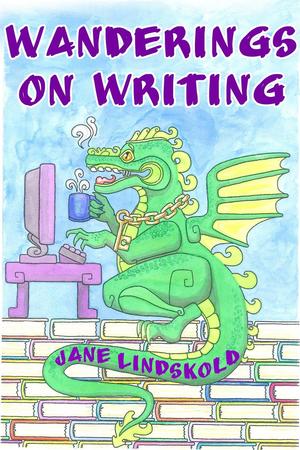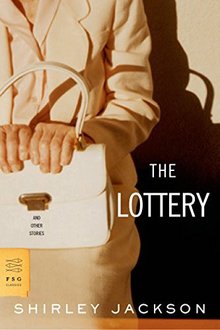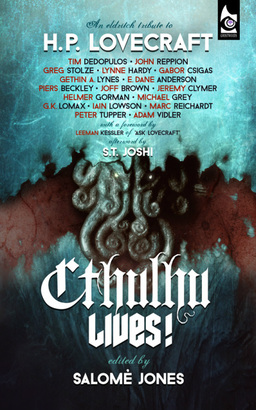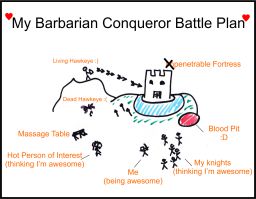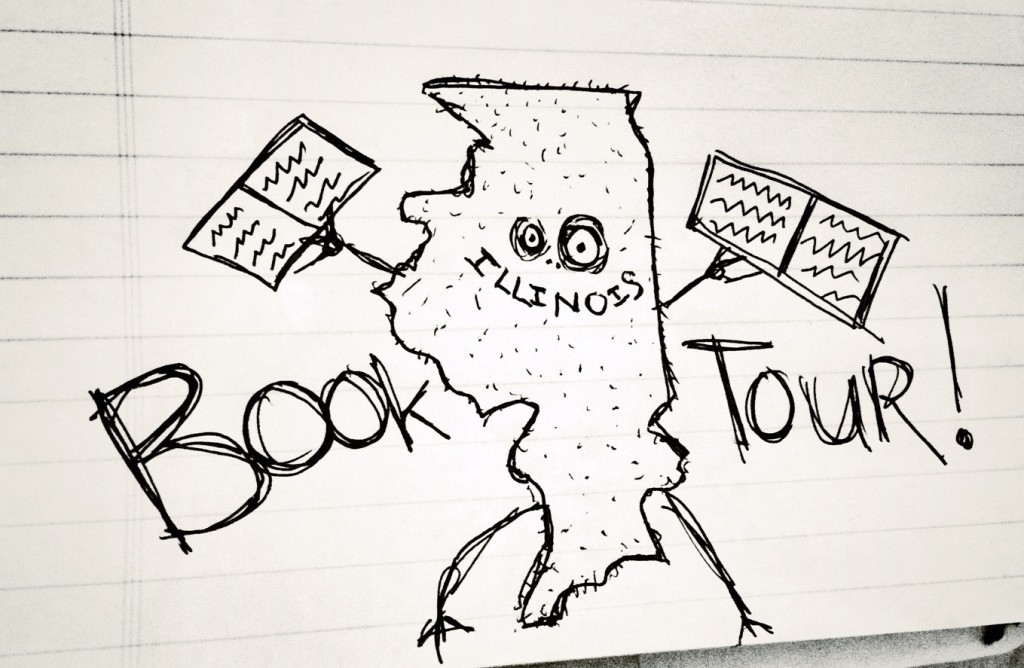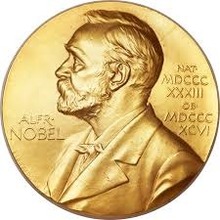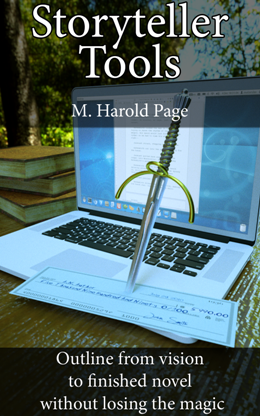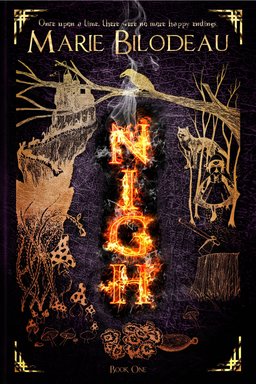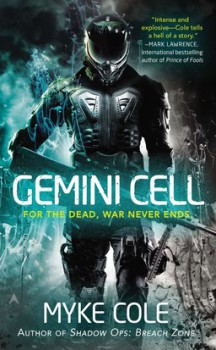West of January, Probably Near the Middle of Wednesday
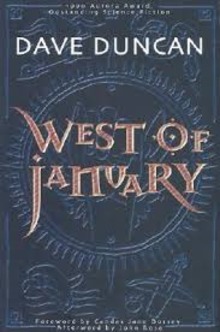 A few weeks ago I was talking about Dave Duncan’s series The Great Game, and that led me to reread his brilliant 2002 novel West of January.
A few weeks ago I was talking about Dave Duncan’s series The Great Game, and that led me to reread his brilliant 2002 novel West of January.
West of January is science fiction that doesn’t, at first, seem to have any science in it. The story is an odyssey, narrated in first person by the main character, Knobil , who tells the tale of his life, from his childhood as part of a herdmaster’s family on the great plains, through to his days as an old man, teaching the young.
Knobil is expelled from his family at puberty and vows revenge on the intruder who murdered his father and mother. While he never completely loses sight of this objective, circumstances take him on a journey through most of the other societies on the world of Vernier, from the Sea People, the Miners, the Traders, and even the Angels in Heaven. It becomes apparent that this world is not Earth, and that while it is suitable for human habitation, its rotation and relationship with its sun causes a cyclical and catastrophic climate change which necessitates the virtual rebuilding of civilization each time.
West of January is a testament to just how important point of view can be. As in the best fiction of any kind, Knobil doesn’t explain anything to the reader that he takes for granted himself – though he might explain things that he knows to his young listeners:
The angels define the world by strips – twelves strips running north and south, seven east and west. The names of these are very old, given by the firstfolk. It is a sensible arrangement with only nineteen words to be learned. Any place can be located by reference to this grid. The west of January is but one example. Geographical features can be named also, like the March Ocean or the Wednesday Desert. This is much easier than remembering an endless arbitrary list, and much more practical when a forest may soon become a desert, or a desert ocean.
